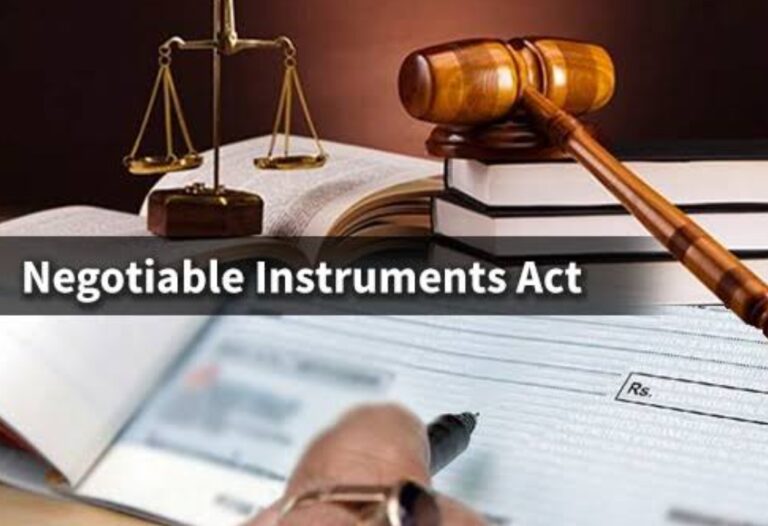In a significant development in cheque bounce cases, the Allahabad High Court in 2024 ruled that a demand notice sent via email or WhatsApp is legally valid, provided it meets the conditions under Section 13 of the Information Technology Act, 2000. This verdict modernizes legal procedures by recognizing the legitimacy of electronic communication in the context of Section 138 of the Negotiable Instruments Act, 1881, which deals with cheque dishonor.
What Is a Demand Notice Under Section 138?
A demand notice is a formal legal intimation sent by the payee to the drawer of a dishonored cheque, demanding payment within 15 days from the receipt of the notice. This is a mandatory pre-condition before initiating legal proceedings under Section 138 of the Negotiable Instruments Act.
Highlights of the 2024 Allahabad High Court Ruling
- Medium of Communication: The court held that sending a legal notice through email or WhatsApp qualifies as valid service.
- Date of Service: The notice is considered delivered on the same day it is sent electronically, under Section 13(3) of the Information Technology Act, 2000.
- Legal Validity: The electronic notice must be capable of being authenticated and must comply with the statutory requirements of electronic record and digital signature under the IT Act.
Legal Basis: Sections Involved
- Section 138 of the Negotiable Instruments Act, 1881: Penalizes cheque dishonor due to insufficient funds, subject to the condition that a demand notice has been served within 30 days of cheque return.
- Section 13 of the Information Technology Act, 2000: Recognizes the time and place of dispatch and receipt of electronic records, thus validating electronic notices.
Supporting Case Laws Validating Electronic Service of Notice
- K. Bhaskaran v. Sankaran Vaidhyan Balan (1999) 7 SCC 510
The Supreme Court ruled that “receipt of notice” is a crucial element and can include constructive receipt. This paved the way for acceptance of alternate modes of service. - Indian Bank Association v. Union of India (2014) 5 SCC 590
The Court encouraged speedy adjudication in cheque bounce cases and emphasized that procedural hurdles should not defeat the ends of justice. - Tractors and Farm Equipment Ltd. v. Supervalu Inter-Trading Pvt. Ltd., 2020 (Madras High Court)
The Madras High Court upheld that notices sent via WhatsApp showing two blue ticks (read receipts) would be presumed to have been delivered. - Silu Hanmant Khaire v. Champalal Shankarlal Rathi (2023 Bom HC)
The Bombay High Court ruled that email service of notice is valid when there’s proof of dispatch and delivery, especially if the recipient is tech-savvy or conducts regular correspondence via email.
Practical Implications of the Allahabad High Court Ruling
- Speedy Redressal: Enables faster compliance and initiation of legal remedies in cheque dishonor matters.
- Digital Transformation: Reflects the judiciary’s acceptance of digital communication in legal processes.
- Cost-Efficient: Reduces the time and expenses involved in sending physical legal notices.
Best Practices for Sending Legal Notices via Email or WhatsApp
- Include a PDF of the signed notice.
- Mention the subject line clearly as “Demand Notice under Section 138 NI Act”.
- Take screenshots of WhatsApp message status (double ticks/blue ticks).
- Use read receipts and delivery reports in emails as proof.
- Preserve evidence of dispatch in case of legal scrutiny.
Conclusion
The 2024 Allahabad High Court ruling is a major step in aligning the Indian legal system with digital advancements. By validating electronic service of demand notices, it simplifies the process for both parties and speeds up justice. Litigants and lawyers should take note of this evolving jurisprudence to ensure compliance and efficiency in cheque dishonor proceedings.
